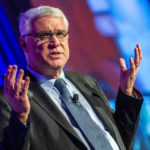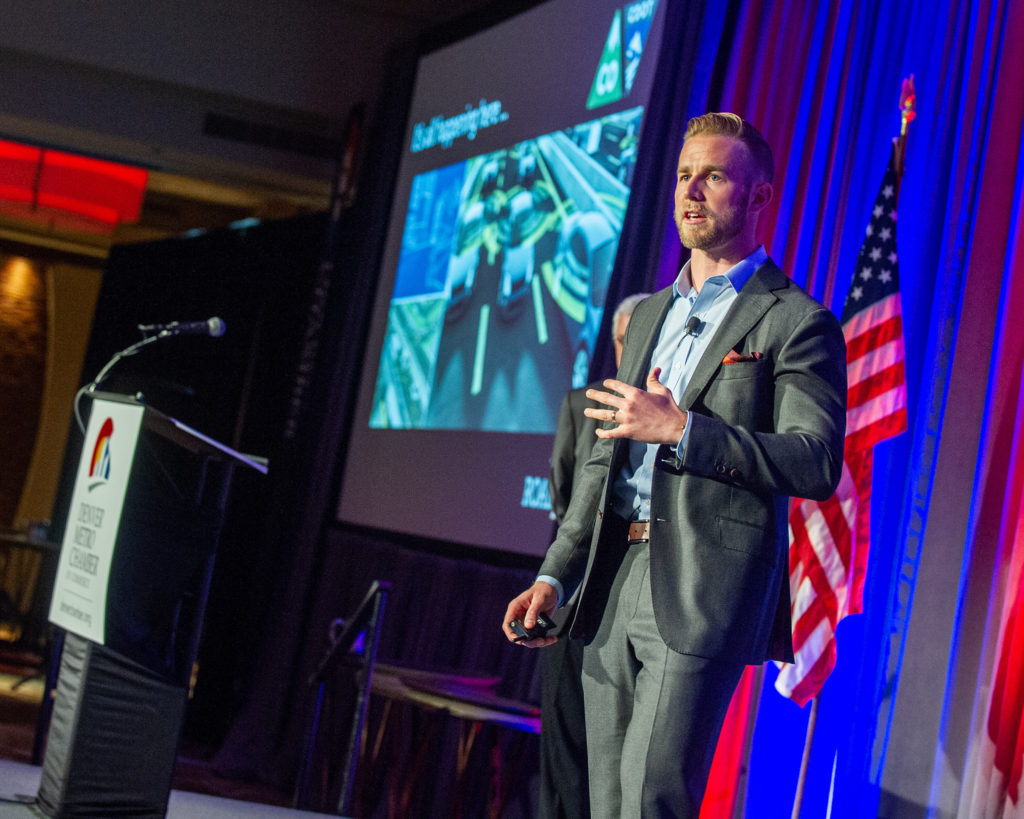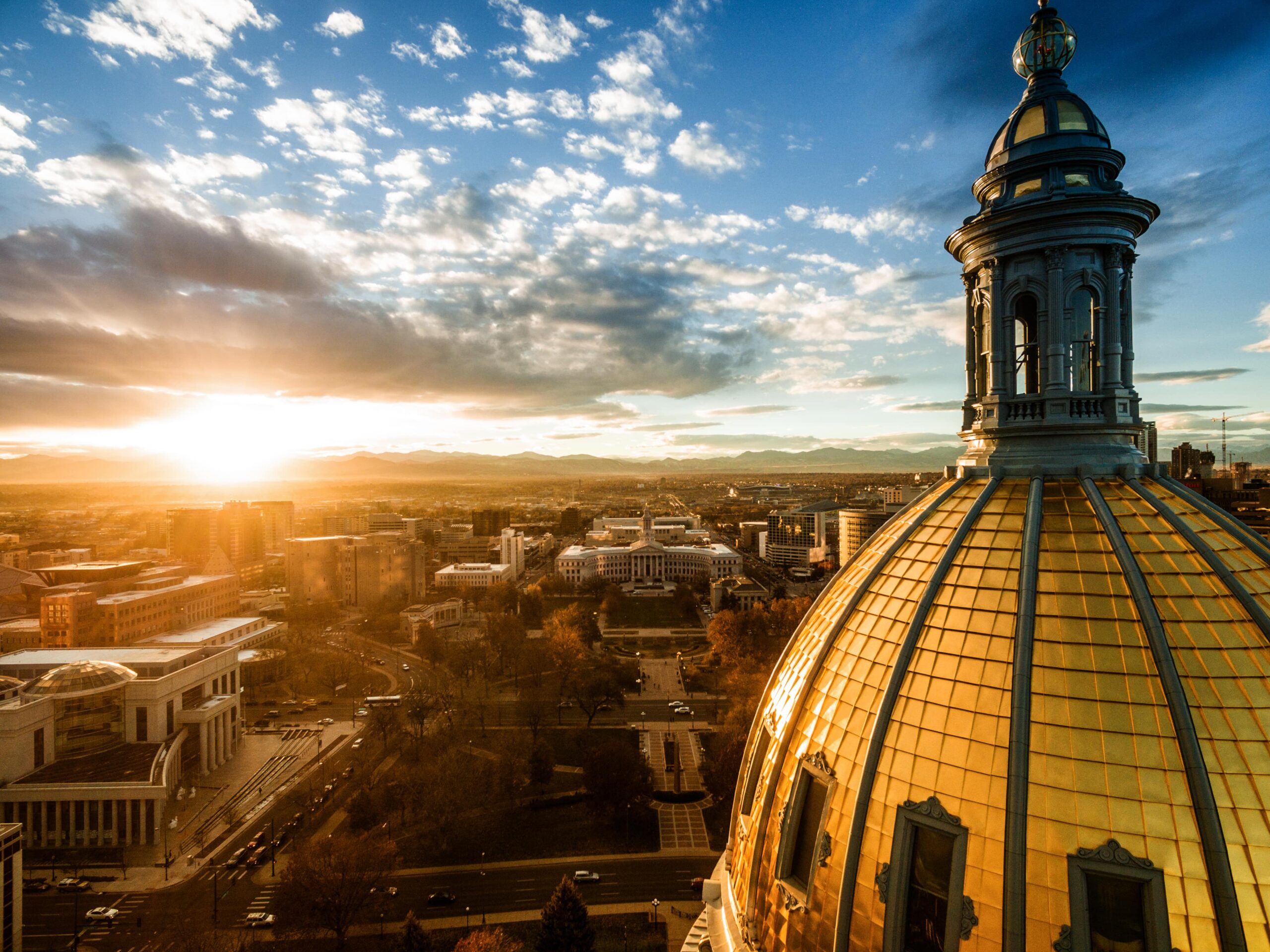Colorado is accelerating its plans to put technology in the driver’s seat to improve the state’s transportation system. That was the message from mobility and tech experts Rutt Bridges and Kellen Pucher (puns excluded) at the Denver Metro Chamber of Commerce’s State of the State presented by AT&T this afternoon.
Here are four things we learned from them:

The future is now. Autonomous vehicles are being tested around the country, and later this year Waymo – Alphabet’s self-driving spinoff company – will begin testing its fleet of robo-taxis. It plans provide 1 million driverless rides per day by 2022, Bridges said. Meanwhile, here in Colorado, the department of transportation has partnered with Panasonic on its RoadX program. Currently, on a 90-mile stretch of westbound Interstate 70, it’s testing how vehicles can share real-time information to inform roadway conditions, congestion and other hazards. As cars become as much computer as they are machine, Pucher says cars could share 2 billion messages an hour. And that could result in real change – saving lives and saving time. Pucher estimates non-impaired traffic crashed could decrease by 80 percent and roadway capacity could increase by 400 percent.
It’s more affordable than we think. The future of autonomous vehicles could reduce the cost of commuting, and may make people question if they want to keep their cars, Bridges said: “Think about it, because that’s a choice we’ll likely to face in as soon as the next five years. An autonomous car that picks you up at home and drops you at work or wherever, for less than bus fare.” And, at a time when transportation systems in Colorado grapple with funding challenges, Pucher said states cannot only build their way out of these issues. Engaging technology, for example with RoadX, “(amounts) to less than 1 percent of CDOT’s annual budget ... It represents the beginning of a sea-change moment on par with the invention of the seatbelt.”

It will change our region and jobs. If robo-taxis take off as projected and the need for parking plummets, then hundreds of acres will open up in Denver – as they will in cities everywhere. No longer needing to build parking, particularly for housing – can lower building costs, and in turn rents or purchase prices. And, as with other moments of disruption, there will be impacts to jobs. But, Pucher says there will also be countless new opportunities in areas like data science, user experience and software engineering.
There’s no silver bullet. Technology can play a role, but isn’t the only way to address the challenges of a crumbling transportation system, Bridges said. With a $9 billion backlog of projects just for CDOT, he said it’s important for improvements to be made now that will ensure driverless technology is ready to roll out here as soon as it’s available.
Watch the full presentation.
Chamber President and CEO Kelly Brough urged more funding for Colorado’s transportation system Friday. After hearing from Bridges and Pucher, she said: “There are choices we make today that will determine are we in a transportation heaven or a transportation hell. My vote is heaven.”
Read more about that and more insights from the just-concluded 2018 legislative session here.



